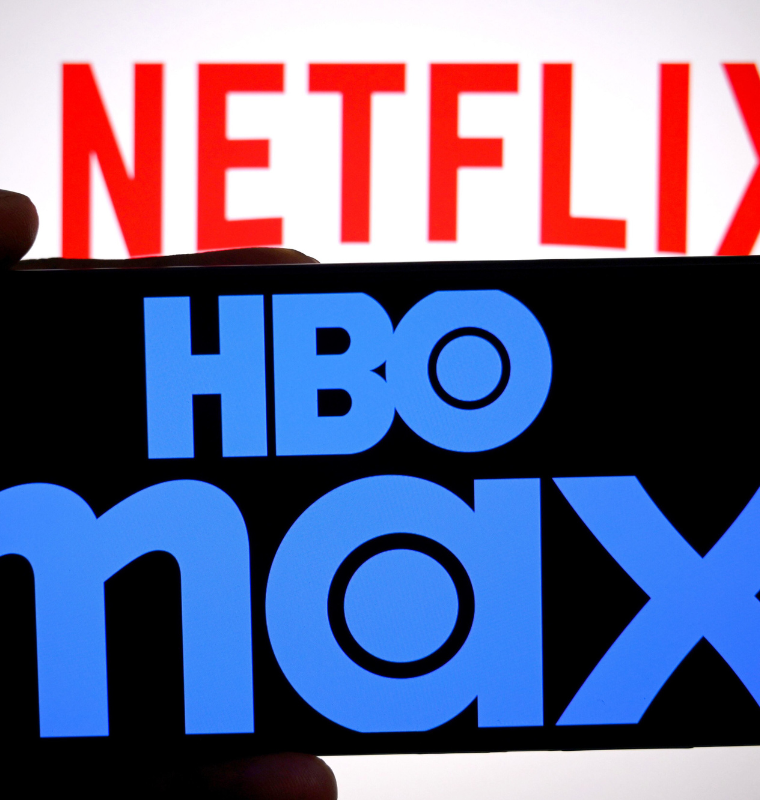Wall Street Celebrates U.S.-UK Trade Deal, but London Remains Cautious
Wall Street Celebrates U.S.-UK Trade Deal, but London Remains Cautious
By
Calder Monroe
Last updated:
May 9, 2025
First Published:
August 3, 2025
.jpg)
Source: The Press Democrat
Mixed Reactions to the U.S.-UK Trade Deal
The recent announcement of a trade agreement between the U.S. and the U.K. sparked a wave of enthusiasm across Wall Street, with major U.S. indices closing higher for two consecutive sessions. In contrast, the reaction from London was notably muted. While U.S. investors celebrated the breakthrough, the FTSE 100 index fell despite the supposed positive news.
This divergence in market sentiment highlights the complex nature of the deal and the differing economic outlooks between the two countries.
Wall Street Cheers While London Hesitates
Following the announcement, the Dow Jones Industrial Average, S&P 500, and Nasdaq Composite all posted gains, reflecting optimism about improved trade relations. Analysts cited the deal as a positive step, boosting confidence in the U.S. economy's global positioning.
In contrast, the FTSE 100 fell, indicating investor uncertainty about the benefits for the U.K. market. Josh Brown, a contributor to CNBC Pro, noted that the market boost from the agreement could be short-lived, especially given the perception that the deal primarily favors the U.S.
Why the Caution in the U.K.?
Despite the agreement, many investors in the U.K. are concerned that the economic benefits may be limited. The U.K. managed to negotiate a reduced tariff rate on the first 100,000 vehicles exported to the U.S. and initiated new discussions regarding the universal 25% tariffs on steel and aluminum imports imposed by the U.S.
However, crucial sticking points remain. The U.S. still maintains a 10% tariff on all U.K. imports, a rate initially imposed on April 2. As a result, British businesses see little relief from the new deal, prompting skepticism among traders and economists alike.
Economic Context: Bank of England Rate Cut
Adding to the complex economic backdrop, the Bank of England lowered interest rates on Thursday from 4.5% to 4.25%, as widely anticipated. The decision reflects ongoing concerns about sluggish economic growth and the need to support the domestic market amid trade uncertainties.
Financial analysts pointed out that this rate cut might dampen investor enthusiasm, as it signals that the U.K. economy could face prolonged challenges even with the new trade deal in place.
A Closer Look at the Trade Deal: Who Benefits?
Many experts argue that the U.S. appears to have secured the upper hand in the new trade arrangement. Washington's stance remains firm, with no reduction in the existing 10% tariffs on British imports. As the U.S. already maintains a trade surplus with the U.K., this status quo benefits American exporters more than their British counterparts.
Andy Abbott, CEO of Atlantic Container Line, remarked on the deal’s limited impact:
“What we heard today is just noise for most U.K. imports. It doesn’t affect the majority of products.”
The sentiment is shared by several industry leaders, who believe the agreement’s structure primarily caters to U.S. economic interests, leaving the U.K. to navigate unchanged tariff barriers.
Market Implications: Temporary Gains or Long-Term Benefits?
While Wall Street’s response was positive, some analysts caution that the market rally might be short-lived. The long-term economic impact of the deal is uncertain, given that many of the underlying trade challenges remain unresolved.
Investors are also wary of the broader geopolitical context. The U.K. remains under pressure to negotiate trade pacts independently post-Brexit, and this deal, although symbolically significant, may not deliver the substantial economic boost initially hoped for.
Global Developments: Unrelated Yet Influential News
In unrelated financial news, Coinbase reported first-quarter revenue that fell short of expectations, despite Bitcoin’s price surging above $100,000. Additionally, the election of Cardinal Robert Francis Prevost as Pope marked a historic first, as he became the first American pope, which briefly caught the attention of global markets.
The Broader Perspective: Is the Trade Deal a Win?
While the U.S. government celebrated the agreement as a milestone, the practical benefits for the U.K. economy appear modest. Economists warn that without significant reductions in tariffs or improved terms for British exporters, the deal may not significantly alter trade dynamics.
As the dust settles, both governments must now navigate the practical implementation of the agreement while managing domestic economic challenges. For the U.K., the focus will likely shift to securing more favorable terms in future negotiations to mitigate the impact of ongoing tariffs.
A Deal with Diverging Perceptions
The U.S.-UK trade deal highlights the complexities of modern economic diplomacy. While Wall Street celebrated, the restrained reaction from the London market underscores the reality that not all trade deals are created equal.
Moving forward, both countries will need to address lingering trade imbalances and build on this agreement to foster long-term economic cooperation. For now, investors remain cautiously optimistic, with a keen eye on how the deal will unfold in practical terms.
Popular articles
Subscribe to unlock premium content
Gilded Holidays in Fashion

How HBO Max Used the Power of Limited Series to Redefine Streaming Competition and Challenge Netflix’s Binge Culture

How Stranger Things Revolutionized Netflix and Redefined Streaming Entertainment

Gilded Holidays in Fashion

How HBO Max Used the Power of Limited Series to Redefine Streaming Competition and Challenge Netflix’s Binge Culture

Gilded Holidays in Fashion









